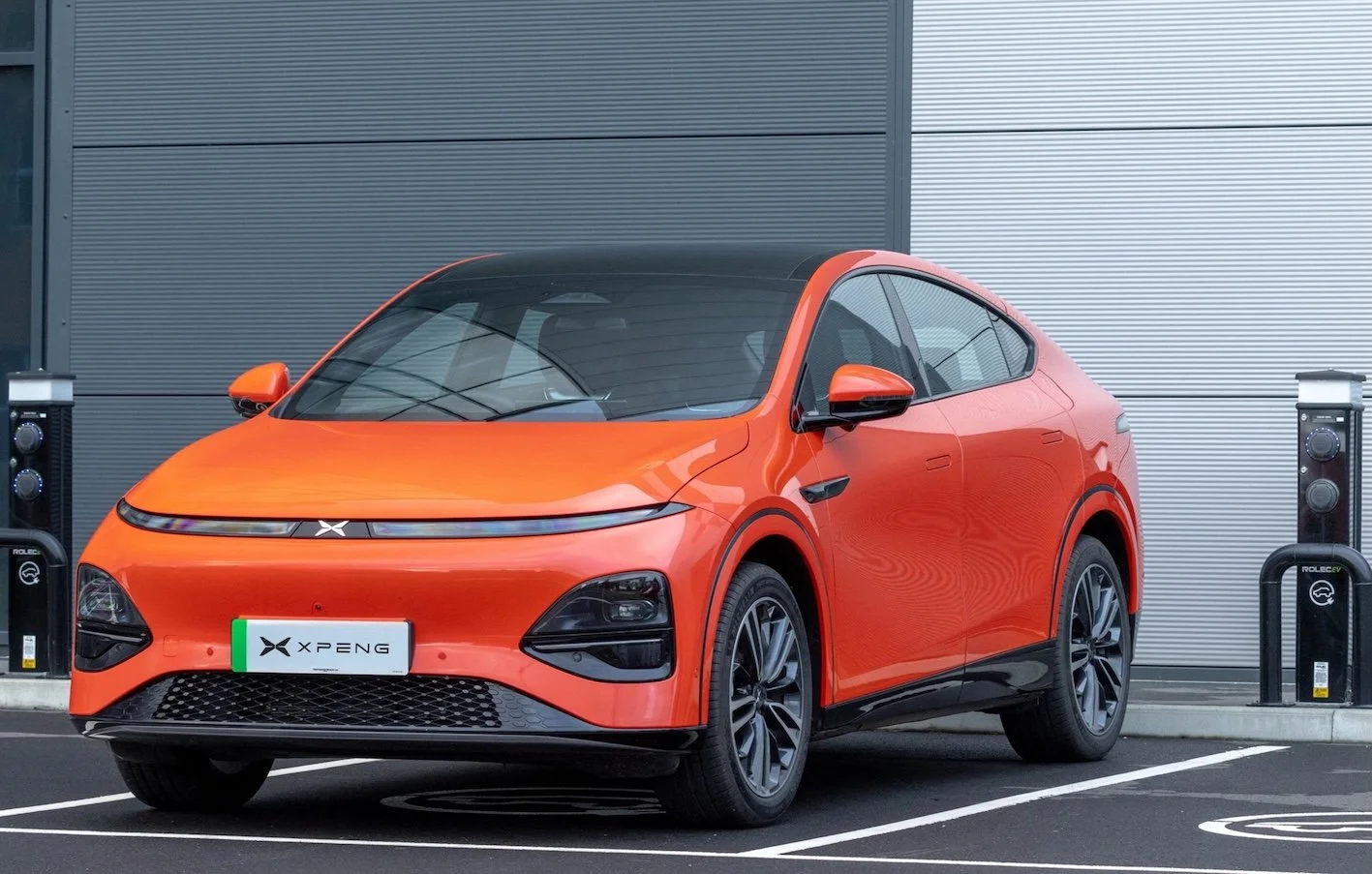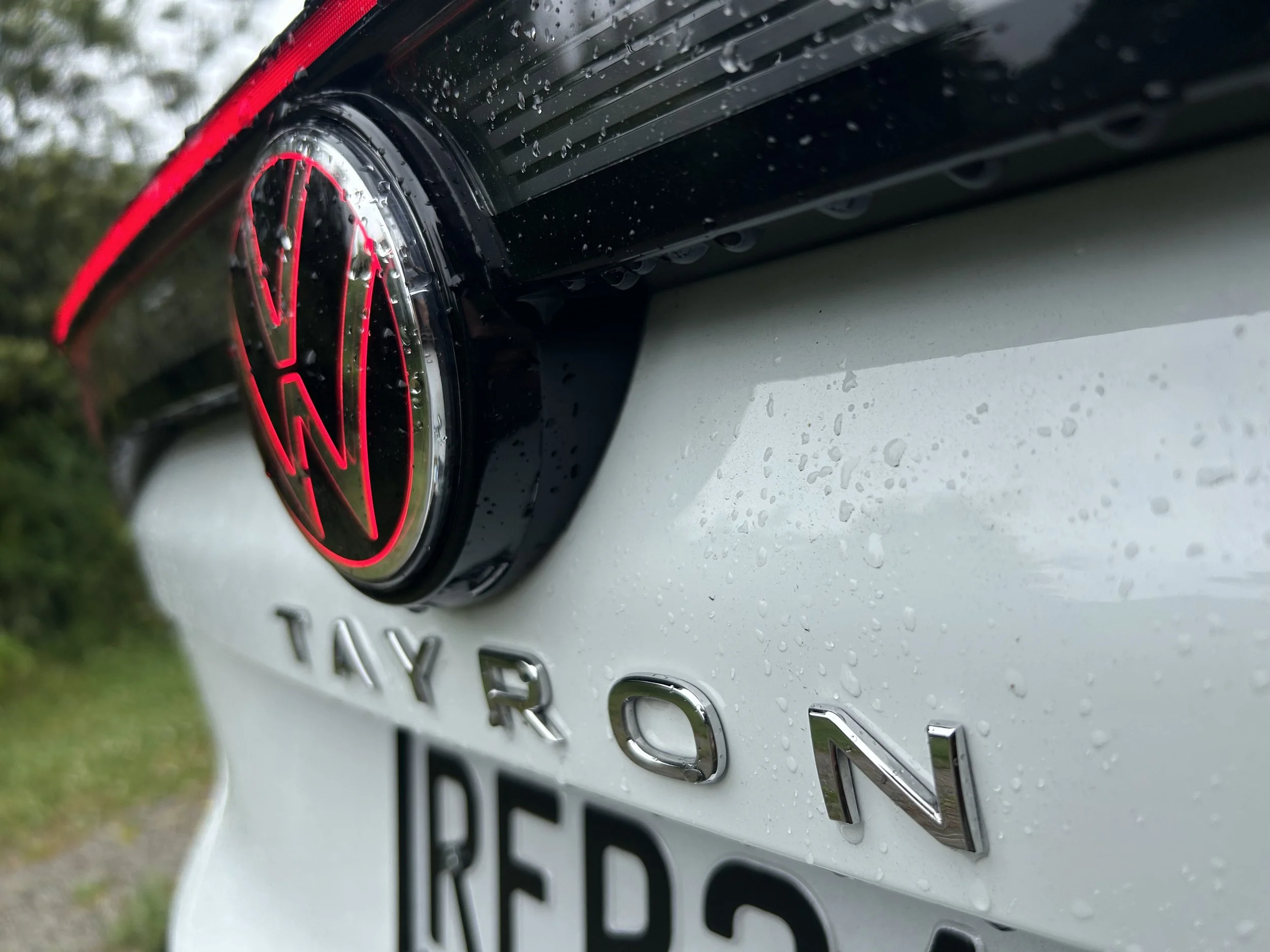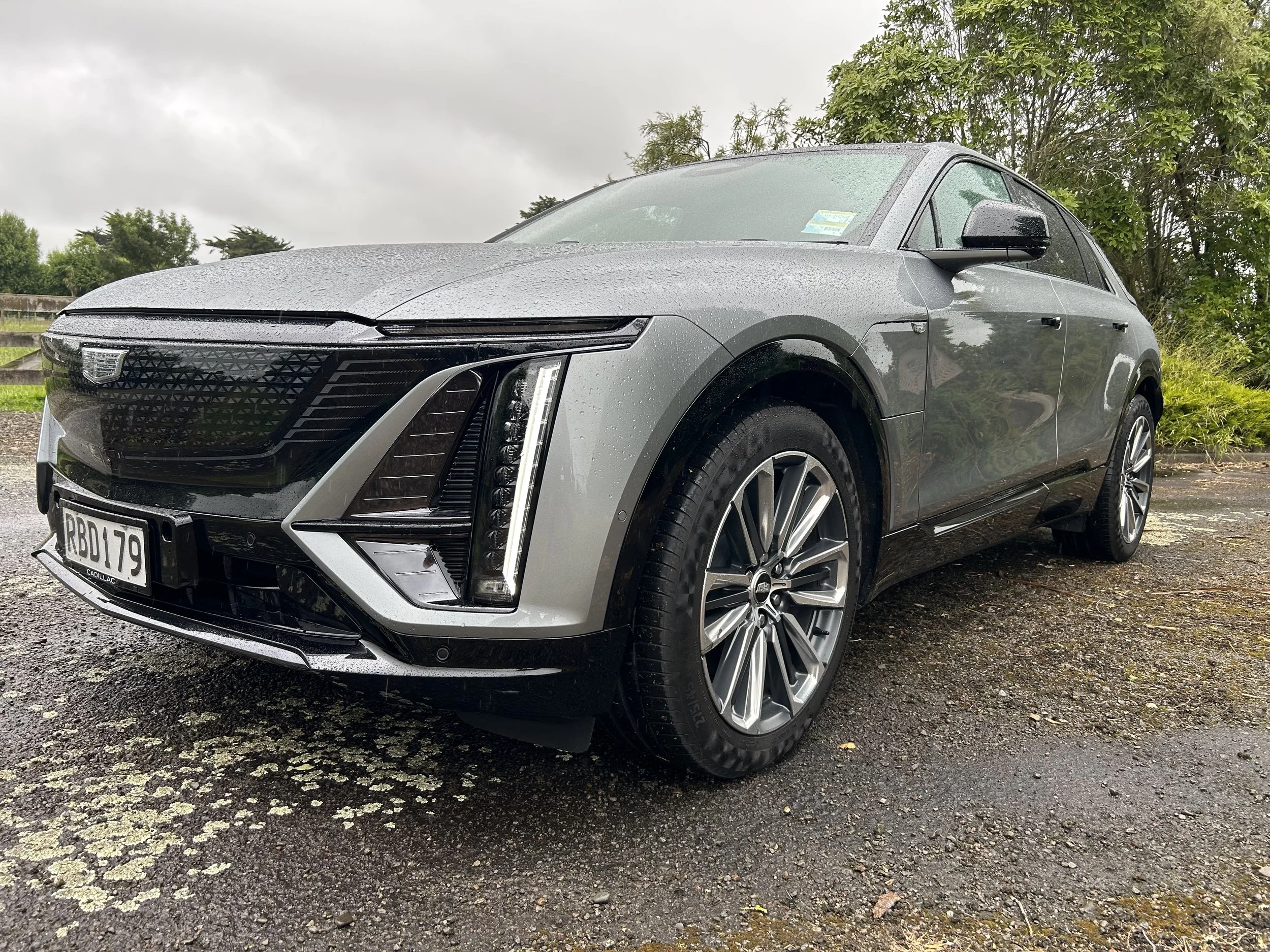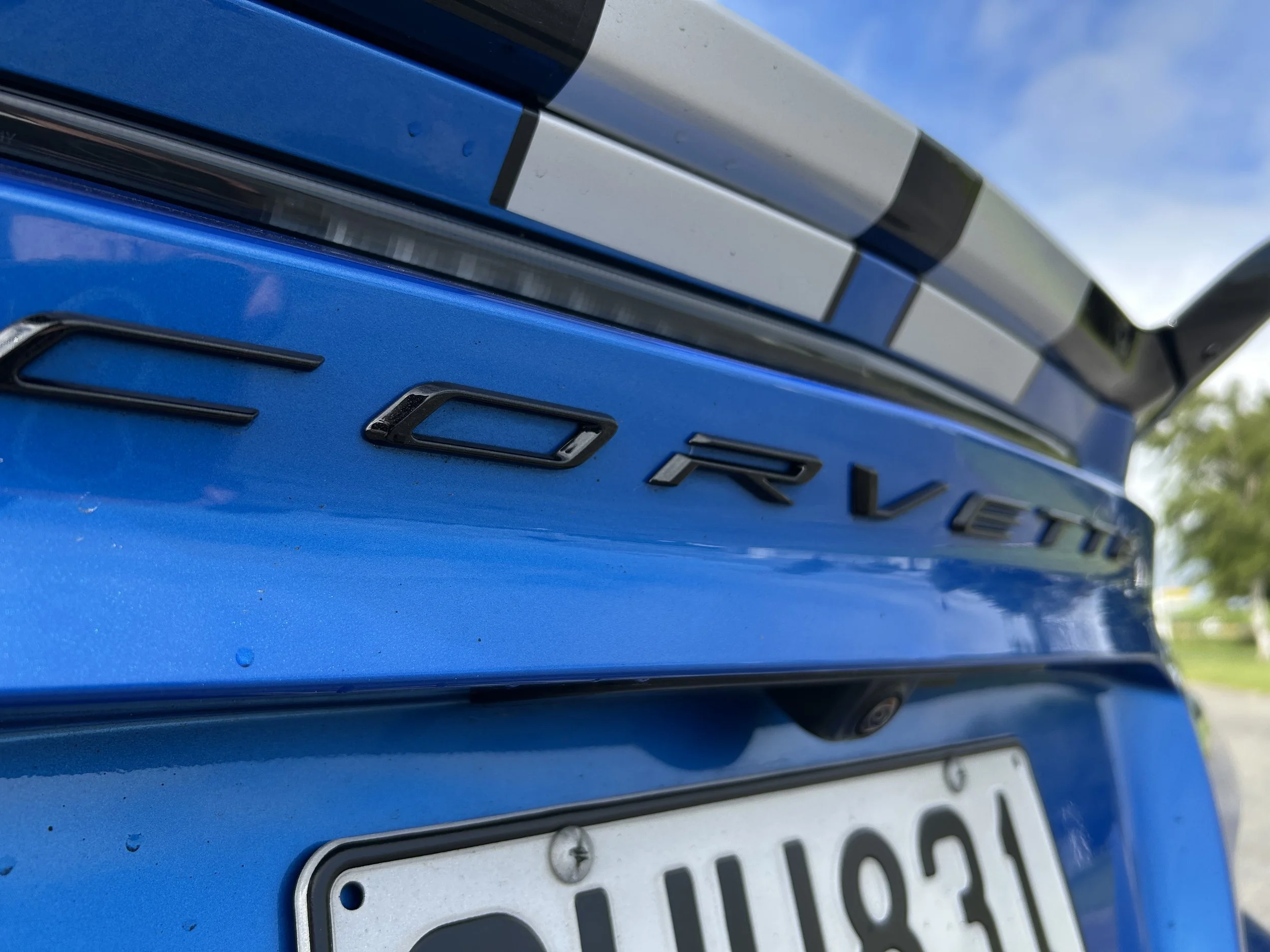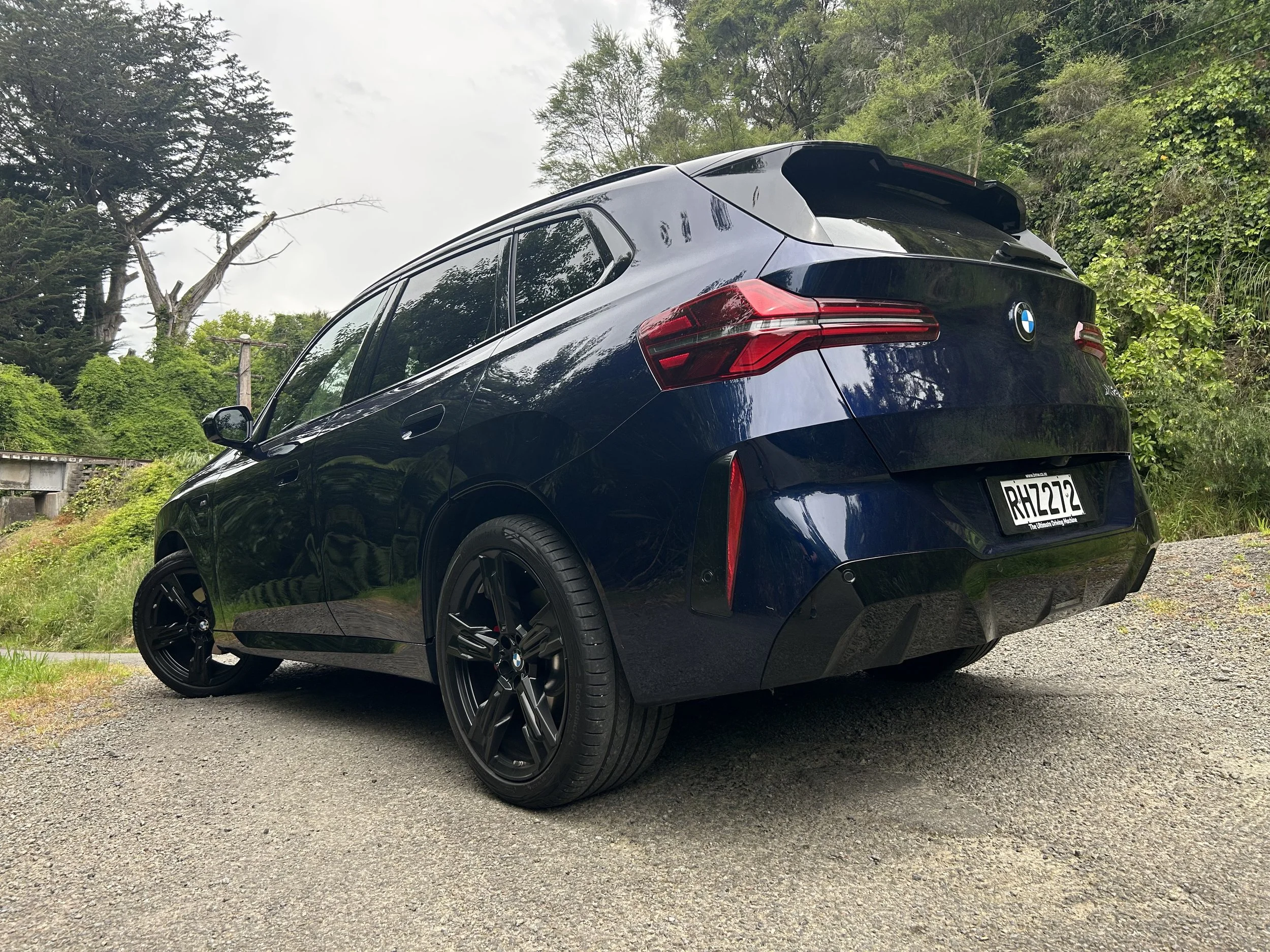Pro-EV group seeks charging, support ramp-up
/Clean Car has been great, but electrics still only account for two percent of the light fleet, says advocacy group.
MORE than 100,000 rebates have been paid out by the Clean Car incentive set to be abolished should change of Government result from next month’s election.
This statistic, associated with claim that uptake of electric vehicles has reduced the average emissions of newly registered vehicles by 21 percent, comes in a report released by Drive Electric, an electric vehicle advocacy group.
A 78-page State of the Nation report also says the capital, Wellington, has the highest market share of electric vehicle registrations, while Canterbury has the highest number of public chargers.
It says that while focus has been on cars, there has been a big shift with buses, with electric types accounting for almost one in every four bus registrations in 2022.
Drive Electric has also forecast that by 2035, household energy bills for a household with two EVs will have halved.
“We are proud to release this report as it shows New Zealand has made considerable progress with the uptake of e-mobility particularly in the light fleet,” says Kirsten Corson, the organisation’s deputy chair.
The Clean Car Discount, whose maximum rebates for zero emission (fully electric) vehicles dropped on July 1 to $7015 for new vehicles and $3507 for used imports, has been an expensive undertaking, with hundreds of million paid out in incentives.
Though designed as a feebate - with income from penalties on high CO2 product off-setting the Government payouts - the scheme has been vastly inequitable, with outgoings becoming considerably higher.
That, and sentiment from some quarters - particularly the rural sector - to the attention the scheme gives to one-tonne utilities, which contribute high Co2 and have remained largely popular since the programme began (to point where the Ford Ranger has remained the country’s best-selling new vehicle) has seen the National opposition vow to abolish the programme by year-end.
Corson did not approach that, but says Clean Car has provided a powerful impetus.
“It’s a policy that has driven down the price for New Zealanders and attracted greater supply to New Zealand. In time it will start to populate the second hand fleet, making EVs accessible to more New Zealanders.”
“However, the report shows there is still so much more to do.”
Though electric vehicles are far commonplace, they still command just two percent of the light fleet.
“Now is the time to double down, and strive for more than two million EVs on our roads in the mid-2030s.”
She said there was benefit to be gained to be gained - cheaper fuel prices for households, fewer emissions, less air pollution and less reliance on foreign oil.
“The report also shows that we have to significantly advance charging infrastructure.
“Charging infrastructure underpins all forms of e-mobility, and we need to rapidly increase the availability of public charging and encourage households and businesses to adopt smart charging technology.”
The report is the organisation’s first, and is cited as being unique in being about more than just passenger cars.
It also addressed heavy transport, particularly buses, and also the marine sector, with the report noting electric ferries were now operating in Wellington and Auckland. She surmises potential for electric aircraft to be flying here within three years.
“Heavy transport remains a challenge, but trucks have started to arrive in our fleet - there are more than 100 so far. The investment cases for electric trucks can be challenging, but the emissions reductions from electrification are significant.”
On the eve the report’s publication, the group chair announced his intention to retire from that position.
Mark Gilbert, a past boss of BMW New Zealand, has been with Drive Electric for 12 years. He said the organisation has been a real success story, telling an online EV publication that “We have been about mainstreaming EVs and e-mobility and this has come a long way. Less than 50 cars when we started, and now edging close to 90,000 EVs on NZ roads with more to come.”





